The electric car market in India is growing rapidly for the past couple of years. The government is also pushing for mass adoption of EVs for personal mobility requirements. India has already adopted electrification in the commercial and public transportation segment with a ton of electric three-wheelers and buses. The charging infrastructure is being developed rapidly to create a whole ecosystem of electric vehicles in the country. New companies are setting up to provide solutions for the development of better and accessible charging infrastructure. With the news of Tesla launching its first product in India this year, the boost to popularize electric cars in the country will rise. Our homegrown auto giant, Tata Motors is currently the market leader in the electric car segment with around 70% market share to its name.
Also read: Delhi Government cancels subsidies on Tata Nexon EV – Find out why!
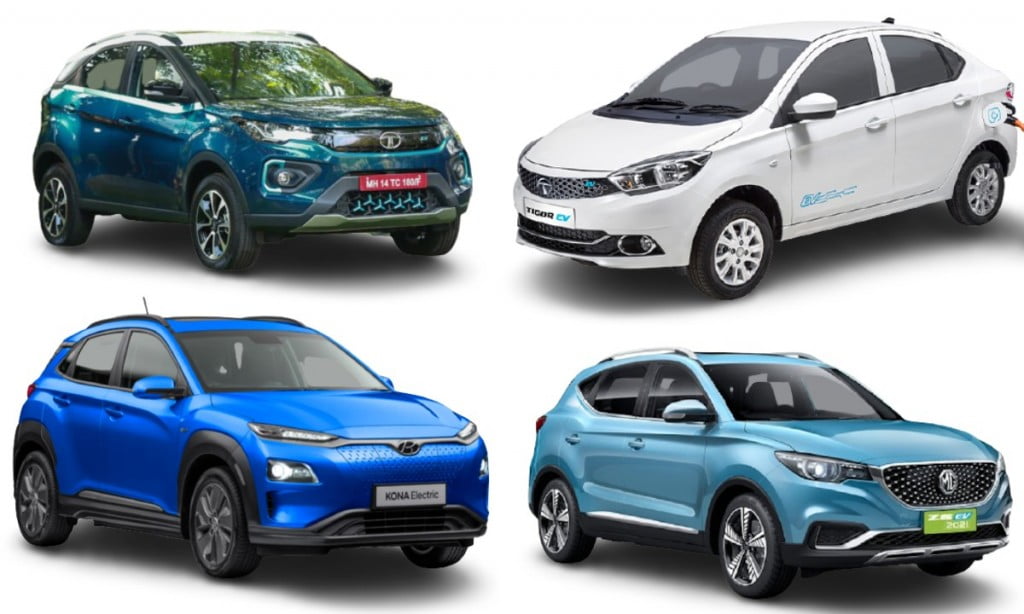
The highest-selling product in the country is the Nexon EV, which alone commands about 60% of the market share. Then there are other players in the game as well, including the increasingly popular and recently updated MG ZS EV, Tata Tigor and Hyundai Kona. Overall, the EV segment grew by around 7.5% in February compared to January. In January, the total EVs sold in India were 657, which increase to 706 in February. We shall look into the sales of all the products individually for the month of February since the sales numbers are out.
Also read: Difference between Full, Mild and Plug-in Hybrid Powertrains!
Tata Nexon EV
The most successful EV in the country enjoys a healthy 60% market share in the country at the moment. However, it must be noted that it has seen a slight decline in sales compared to the month before. In January 2021, Tata sold a total of 500 units of the Nexon EV and in February 2021, this number dropped to 427. This marks a downfall of around 14%. The reason could be the ongoing issue with the Delhi Transport Department due to a complaint lodged by an EV owner regarding the range of Nexon EV. But Tata Motors had responded to the Delhi Government and is trying hard to resolve this issue as quickly as possible. Whether it continues to affect the sales of the EV remains to be seen. The Nexon EV has prices from Rs 13.99 lakh to Rs 16.40 lakh, ex-showroom.
Also read: 2021 MG ZS EV launched at Rs 20.99 lakh – All you need to know!
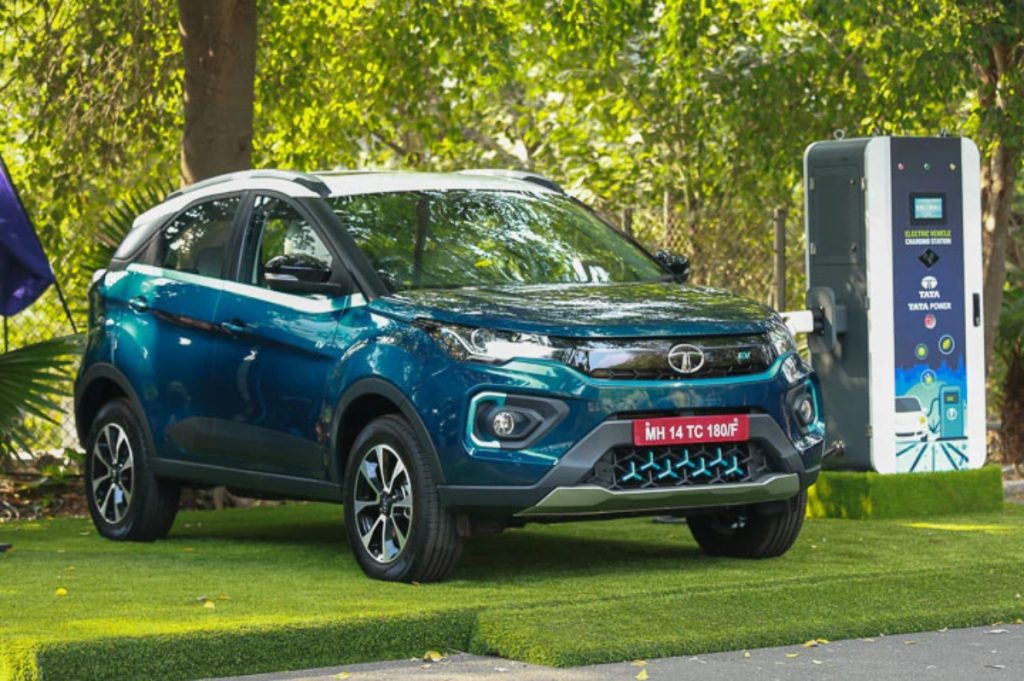
Tata Tigor EV
The Tigor EV is one of the most affordable EV offerings in the country at the moment. Some people have used it for commercial use and it has, therefore, seen a substantial increase in sales on an MoM basis. In January of this year, Tata sold a mere 12 units of the Tigor EV, whereas, in February, it sold 65 units. While these numbers are not huge in themselves, the overall increase in the EVs is quite evident. The Tigor EV costs just Rs 9.58 lakh to Rs 9.90 lakh, ex-showroom.
Also read: Tata Nexon EV vs MG ZS EV – Subscription model comparison!
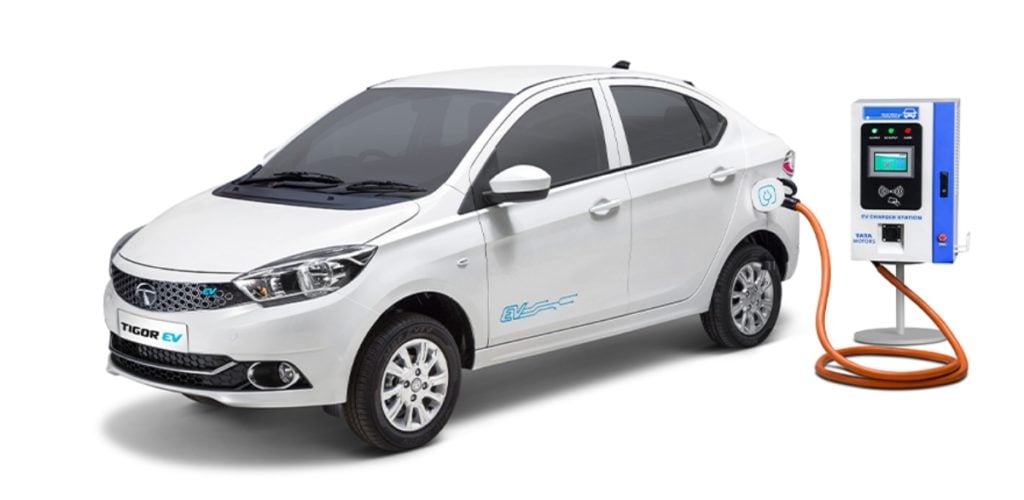
MG ZS EV
The MG ZS EV is slowly becoming very popular among the new-gen electric car buyers in the country. Having recently received an update, the ZS EV has now become even more desirable than earlier. MG has introduced a ton of new features and technology, along with better battery management to enhance the performance of the EV further. Now, it comes with all the latest features and connected tech which appeals to modern-age car buyers a lot. The new ZS EV comes in two trims; Excite and Exclusive. The Excite variants costs Rs 20,99,800, ex-showroom, whereas the Exclusive variants costs Rs 24,18,000, ex-showroom.
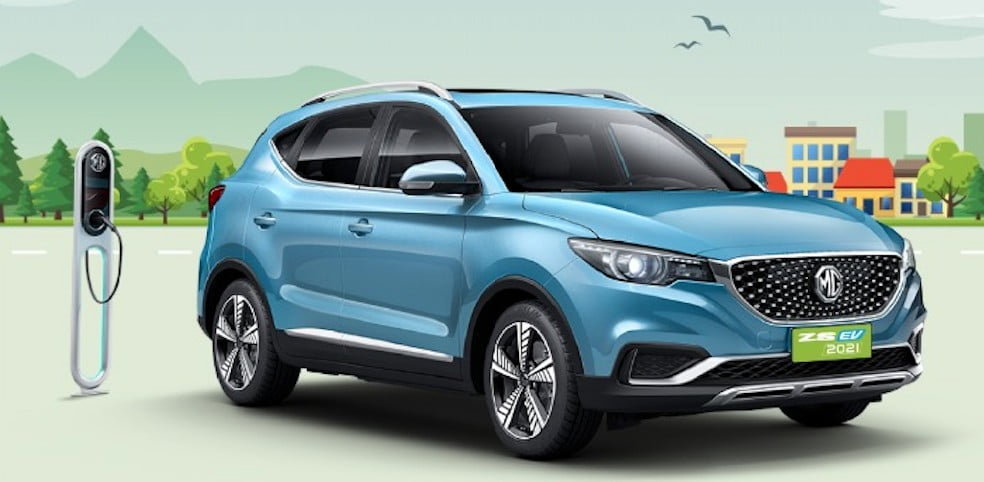
Hyundai Kona Electric
The Hyundai Kona, unfortunately, has not been able to take off ever since it was first launched in India. The Nexon EV and ZS EV have overshadowed it to a large extent for a long time. Another factor could be the hefty price tag of Rs over 23.75 lakh, ex-showroom, which didn’t find many customers. This is also the reason why Hyundai is planning to invest Rs 3,200 Crore in India to develop a more affordable EV here.
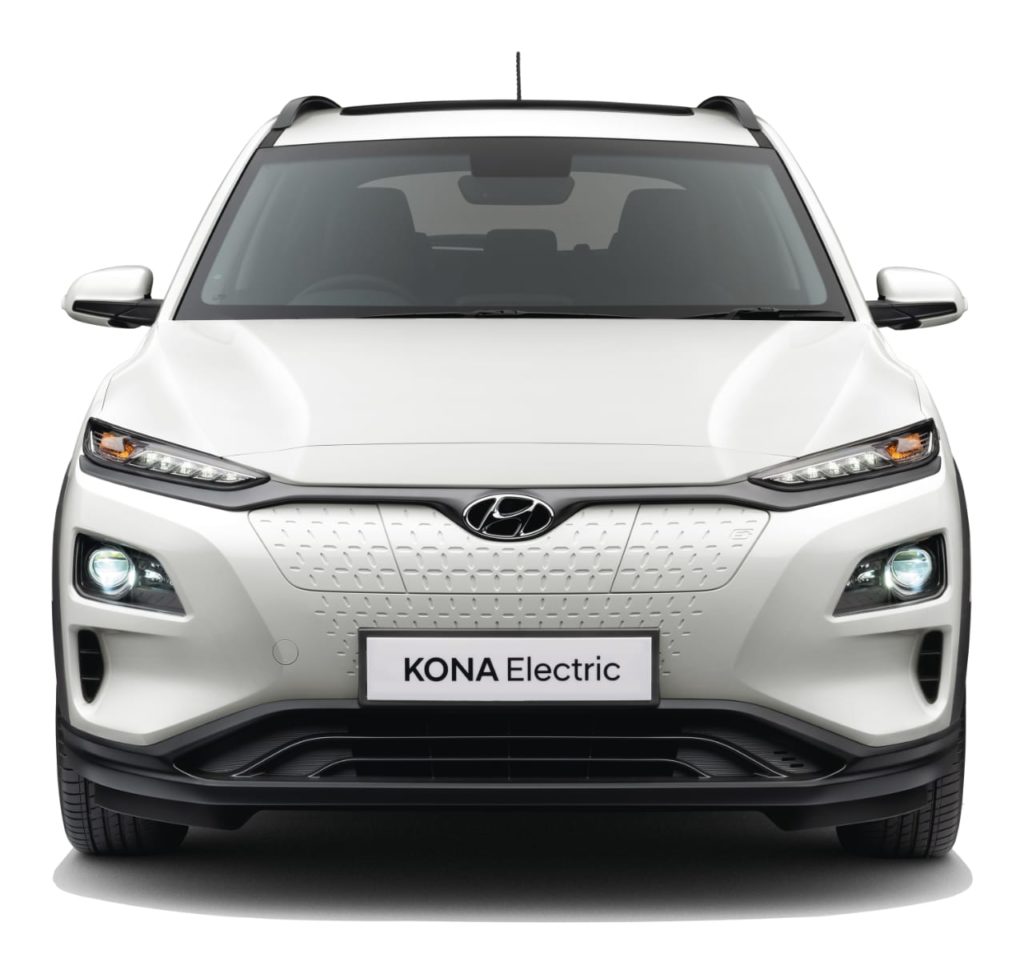
With the trend of EVs going strong and the need for them inevitable, the future promises a slew of new and exciting product launches from other carmakers as well. One particularly awaited EV launch of the year is the Mahindra XUV300. Mahindra wants to leverage the popularity of the regular XUV300 to get some sales in the EV market as well, just like Tata did with its Nexon.


